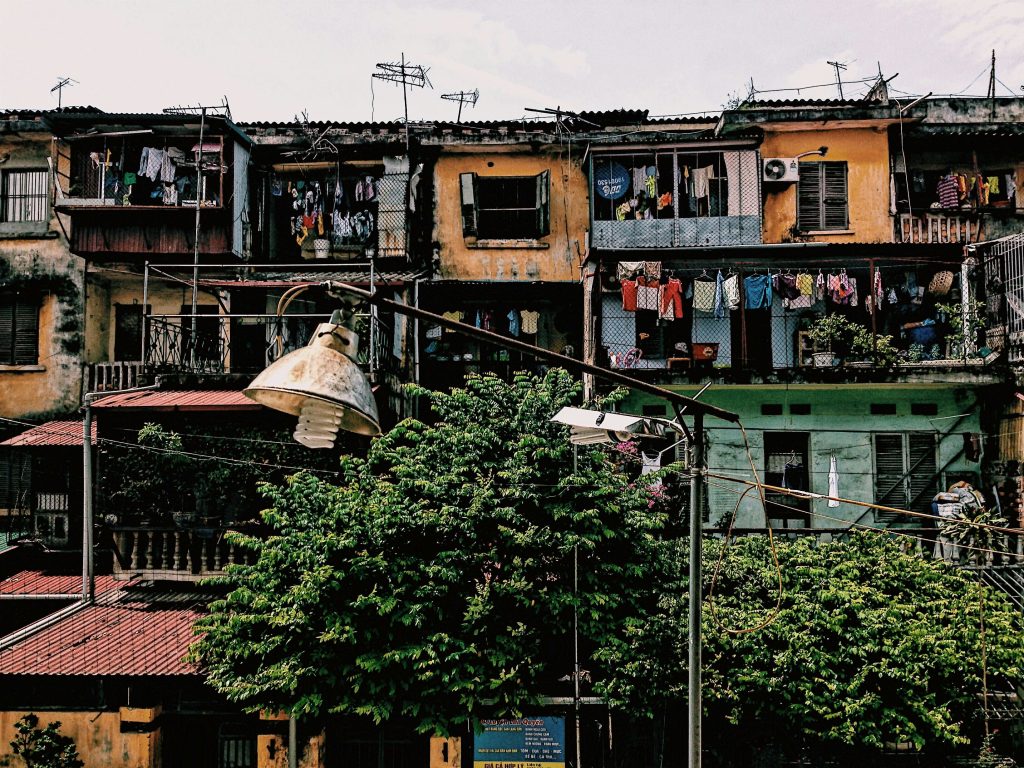[FR] Governments and international institutions facing the debt of Southern countries
Speech by Jacques Delors at the symposium ‘In debito di giustizia’ (In debt to justice), Milan, 3 February 2001

Speech by Jacques Delors at the Colloquium ‘In debito di giustizia’, Milan, 3 February 2001
The promoters of this action in favour of the poorest must be commended. They know that the fight has only just begun, first of all to denounce the enormous, scandalous gap between the declarations of the world’s leaders and the minimal results achieved so far. I would like to recall, among other things, the conclusions of the social summit organised by the United Nations in Copenhagen in 1995. To illustrate my point, I will focus on the general inspiration behind these conclusions.
Put people back at the centre of all policies and actions aimed at economic development and social progress.
- Be based on a historical conception of the person.
- Commit, in particular, to giving developing countries a place in line with our principles and, to this end, to helping poor countries.
The fifth anniversary of this conference, commemorated in Geneva, was unfortunately marked by a certain indifference, highlighting the inadequacy of the world organisation in relation to its stated aims.
Moreover, the prevailing economic discourse is based on a neoliberal ideology of laissez-faire and laissez-passer, which is increasingly contested, but not to the point of returning to a healthy conception of equality between all human beings, without exception. The situation therefore remains rather bleak. Poverty is not decreasing; it is even increasing in rich countries. While a new scientific and technical revolution is stimulating global economic growth and shaking up the status quo, the gap between the ‘haves’ and the ‘have-nots’ is widening.
Let us be realistic. Poverty is a cumulative phenomenon that requires a comprehensive approach, not just debt relief for poor countries. The powerful and the rich have a responsibility, but so do developing countries, which must change their behaviour in terms of public finance management, the fight against corruption and the development of public goods such as education, health and infrastructure.
This observation should lead us to reflect on ways of controlling globalisation and laying the foundations for a more equitable world order. To this end, I would like to offer a few thoughts on this central issue. How can we strengthen economic security, an indisputable factor for peace, while ensuring social justice and equal opportunities?
But first, we need to take stock of the latest debt relief initiatives. The procedures are long, too long for those suffering from hunger, disease and illiteracy. Some limited results have been achieved. Let us take note of this and continue our campaigning.




